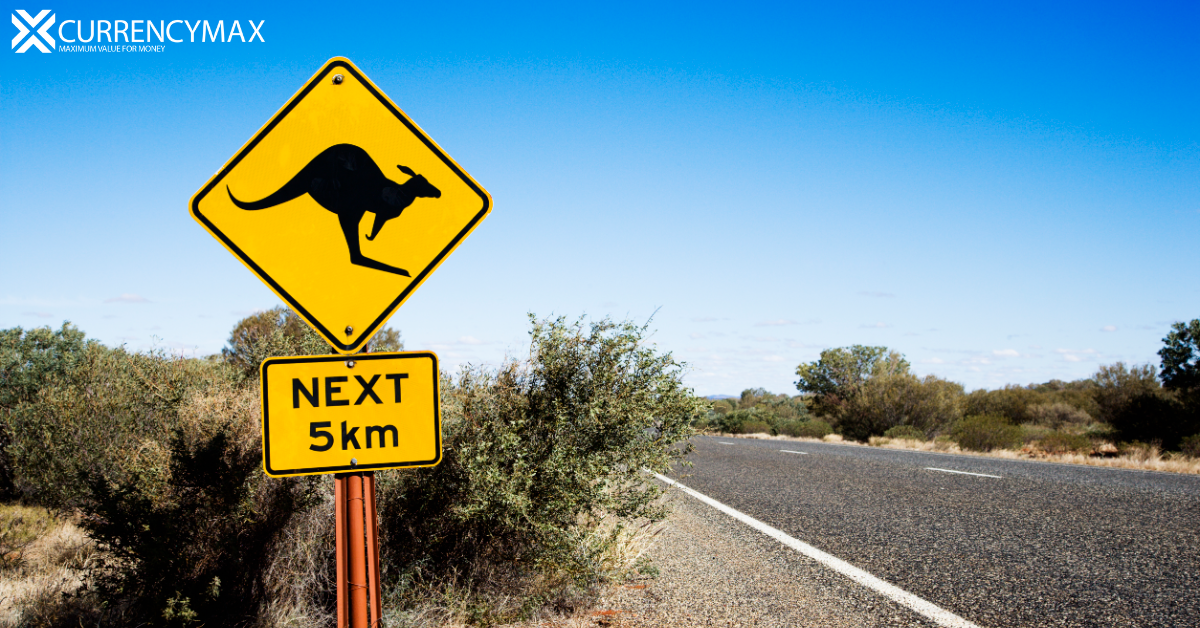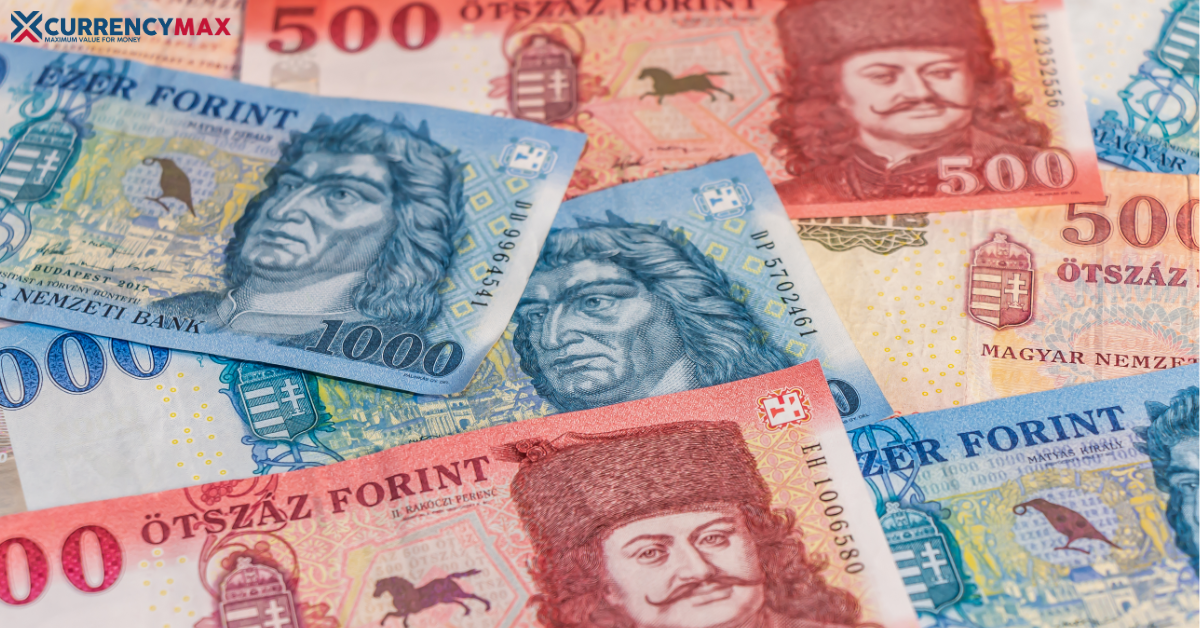Planning a trip to France is an exciting adventure filled with the promise of exquisite cuisine, stunning landscapes, and rich cultural experiences. Whether you’re strolling through the charming streets of Paris, savoring a croissant at a local café, or exploring the vineyards of Bordeaux, France offers a plethora of delightful experiences for travelers. However, to fully enjoy your trip and make the most of your budget, it’s crucial to understand the money matters and currency exchange tips that come with traveling to France from the UK. In this comprehensive guide, we’ll cover everything you need to know about handling money during your French adventure.
Understanding the Euro: France’s Currency
France, like many other European countries, uses the euro (€) as its official currency. Before you set off on your journey, it’s essential to familiarize yourself with this currency and its denominations. The euro is divided into 100 cents, and banknotes and coins come in various denominations, including €5, €10, €20, €50, €100, and €200 for banknotes, as well as coins for 1, 2, 5, 10, 20, and 50 cents, and €1 and €2.
1. Currency Exchange Before Your Trip
One of the first steps in preparing for your French adventure is to ensure you have enough euros to cover your expenses. Here are some currency exchange tips for travelers from the UK:
a. Exchange Currency in Advance
It’s a good idea to exchange some currency before your trip. You can do this at your local bank, currency exchange bureau, or even at the airport. While you won’t get the best exchange rates at the airport, having a small amount of euros on hand for immediate expenses upon arrival is convenient.
b. Use Online Currency Exchange Services
Consider using online currency exchange services to secure euros before your departure. These services often offer competitive rates and the convenience of having currency delivered to your doorstep. Compare rates and fees to find the best deal.
c. Use a Prepaid Travel Card
Prepaid travel cards are an excellent way to manage your spending while in France. Load the card with euros before your trip, and then use it like a debit card at shops, restaurants, and ATMs. This provides security and helps you stick to your budget.
2. Using ATMs in France
France has a well-developed network of ATMs, known as Distributeurs Automatiques de Billets (DABs). Here’s how to make the most of ATMs while in France:
a. Check with Your Bank
Before your trip, inform your bank of your travel plans to France. This prevents your bank from flagging your international transactions as suspicious, which could lead to card blocks.
b. Use ATMs Wisely
ATMs in France are widely accessible, including at banks, airports, and major tourist areas. However, be mindful of the fees associated with ATM withdrawals. Your home bank may charge a fee for international withdrawals, and some French ATMs might charge a fee as well. Try to withdraw larger sums less frequently to minimize these fees.
c. Choose the Local Currency Option
When using an ATM in France, you might be offered the option to be charged in your home currency (GBP) or euros. Always choose to be charged in euros, as this ensures you receive the bank’s exchange rate, which is typically more favorable than the ATM’s rate.
3. Credit and Debit Cards
Credit and debit cards are widely accepted in France, making them a convenient payment method. However, it’s essential to consider the following:
a. Not All Cards Are Created Equal
Before your trip, check with your bank to ensure your card will work in France. Also, inquire about foreign transaction fees and currency conversion fees that your bank may charge. Consider using cards that offer favorable terms for international travel.
b. Chip and PIN Technology
Most card transactions in France require a chip and PIN. Ensure that your cards are equipped with this technology to avoid any issues when making payments or withdrawals.
c. Notify Your Bank
Inform your bank of your travel dates and destinations to avoid any unexpected card blocks due to suspicious activity.
4. Currency Conversion Tips
When making card transactions, you may encounter the option to have the purchase converted to your home currency, such as GBP. It’s generally advisable to decline this option and choose to be charged in euros. This way, you can take advantage of your card’s exchange rate, which is often more favorable.
5. Tipping Etiquette in France
Tipping is customary in France but is generally included in the bill for service in restaurants. However, it’s common to round up the bill or leave a small tip for exceptional service. Tipping taxi drivers, tour guides, and hotel staff is also appreciated.
6. Currency Conversion Apps and Tools
In the digital age, there are plenty of currency conversion apps and tools that can help you stay on top of your expenses while in France. These apps can provide real-time exchange rates and help you manage your budget effectively.
7. Be Prepared for Emergencies
Lastly, it’s essential to have a financial safety net in case of emergencies. Consider carrying a backup credit card or having access to emergency funds through a trusted friend or family member. Additionally, travel insurance that covers unexpected expenses like medical emergencies or trip cancellations is highly advisable.
In conclusion, understanding the ins and outs of money matters and currency exchange is crucial when traveling to France from the UK. By preparing in advance, using ATMs wisely, and being mindful of currency conversion options, you can make the most of your budget and enjoy all that France has to offer. Bon voyage!







